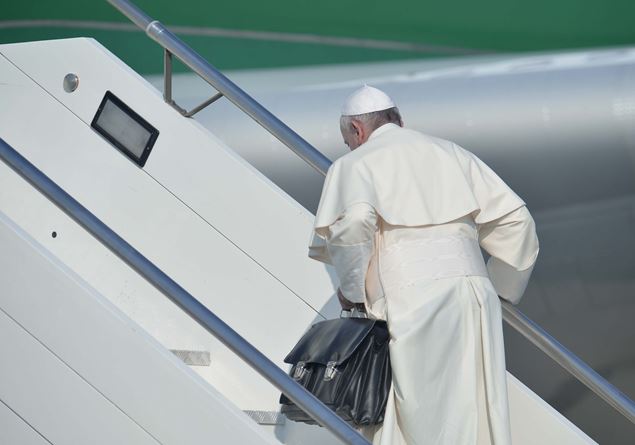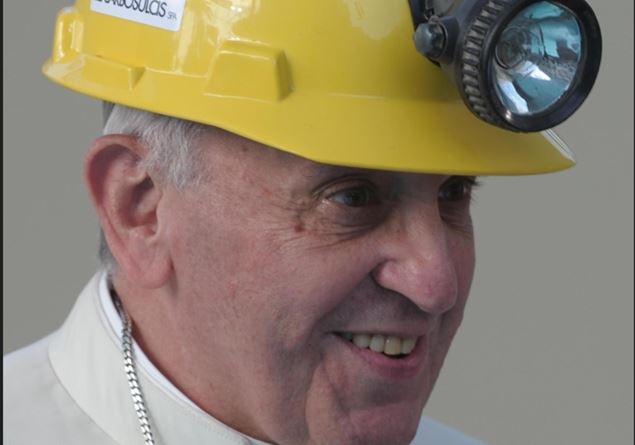The theme of immigration continues to condition the political debate in Germany in view of the early political elections set for February 23. The theme divides the parties with each other and tears them inside them. As in the case of the CDU, the Democratic Christian Party led by Friederich Merz, candidate for the chancellery, clearly clearly in the lead in the polls.
On January 29, a motion of the CDU to ask the government more severe rules on rejections had collected the support of the Ultradestra AFD party (alternative Für Deutschland) led by Alice Weidel and a political earthquake was unleashed. AFD’s support had marked the fall of the so -called Brandmauerthe “cutting barrier” which for decades had blocked any agreement between the democratic political forces and far -right parties.
The motion was not binding, but had been seen as a possible test for a possible alliance between the Conservatories of the CDU and the far -right party (even if Merz has always denied wanting to govern together with AFD). This harmony between the Conservative Christian Democrat and the far right had pushed to intervene (which is very rarely done since he left the chancellery) Angela Merkel.
Merkel made his debut saying that he had “supported” the position expressed by Merz in November, when the candidate Cancelliere had ensured that he wanted to find “majorities only in the political forces of the center”. “This proposal and the position associated with it were an expression of great political responsibility, which I fully support. I believe it is wrong, on the other hand, not feel more tied by this proposal and therefore, on January 29, 2025, in a vote in the German Bundestag, having allowed a majority with the votes of the AFD for the first time “.
Heavy words like a boulder, also because from a policy that has chosen the reserve (Merkel has always granted very few interviews and does not rage in comments and declarations on social media). What happened at the Bundestag had also caused peaceful events throughout Germany with thousands of participants who responded to the appeal of the network “Together against the right”.
Thousands of Thousands had shown in Berlin in front of Adenauer Haus, (Merz’s party headquarters) shouting the slogan “CDU, shame on you!”. He had also created the announced intention of a survivor of Auschwitz, Albrecht Weinberg, 99 years old, to return the cross to merit in the hands of the President of the Republic.
In this atmosphere, a bill (the Zustrombegrenzungsgesetzthat isIt is the law on the limitation of flows) which, unlike the motion of Wednesday, in the event of approval, would have been legally binding. The text aimed to limit family reunification and make the detention of foreign citizens easier who arrive at the border without documents.
This time, however, the majority was missing. The Bundestag rejected the bill regarding immigration presented by the CDU. The votes in favor were 338, 350 against and 5 abstention. The text aimed to limit family reunification and make the detention of foreign citizens easier who arrive at the border without documents.
“I’m sorry that a approval of our proposal has not come. But I am grateful that the parliamentary group followed the way on which we had agreed. There are 12 parliamentarians of the Union who did not vote in favor and I respect it “. , underlining the “differences” between the positions of the parties. “
It remains to be understood if and how yesterday’s parliamentary defeat will be able to weaken Merz in the race for the chancellery, while Afd for now is the second strongest party in Germany.









